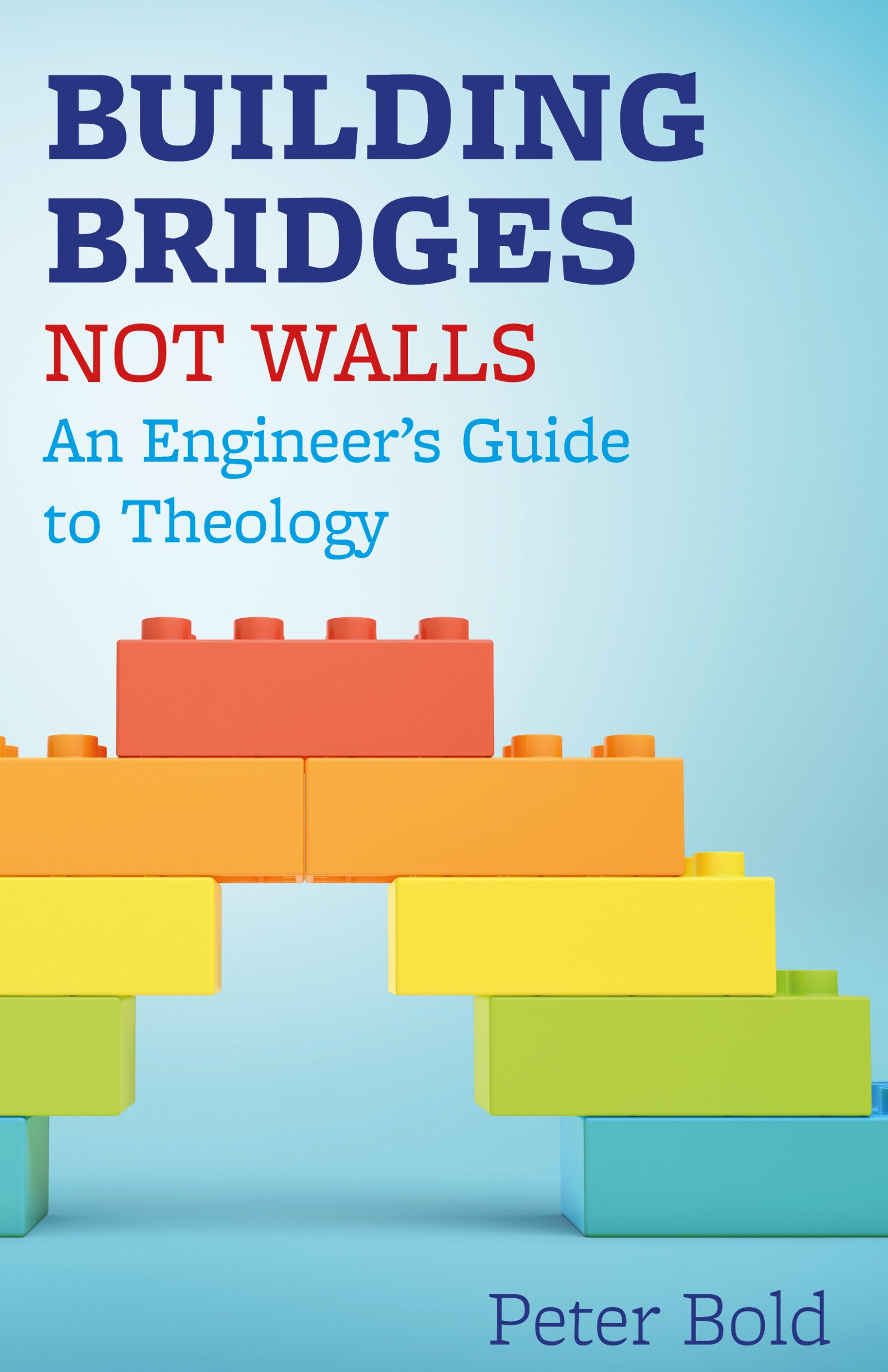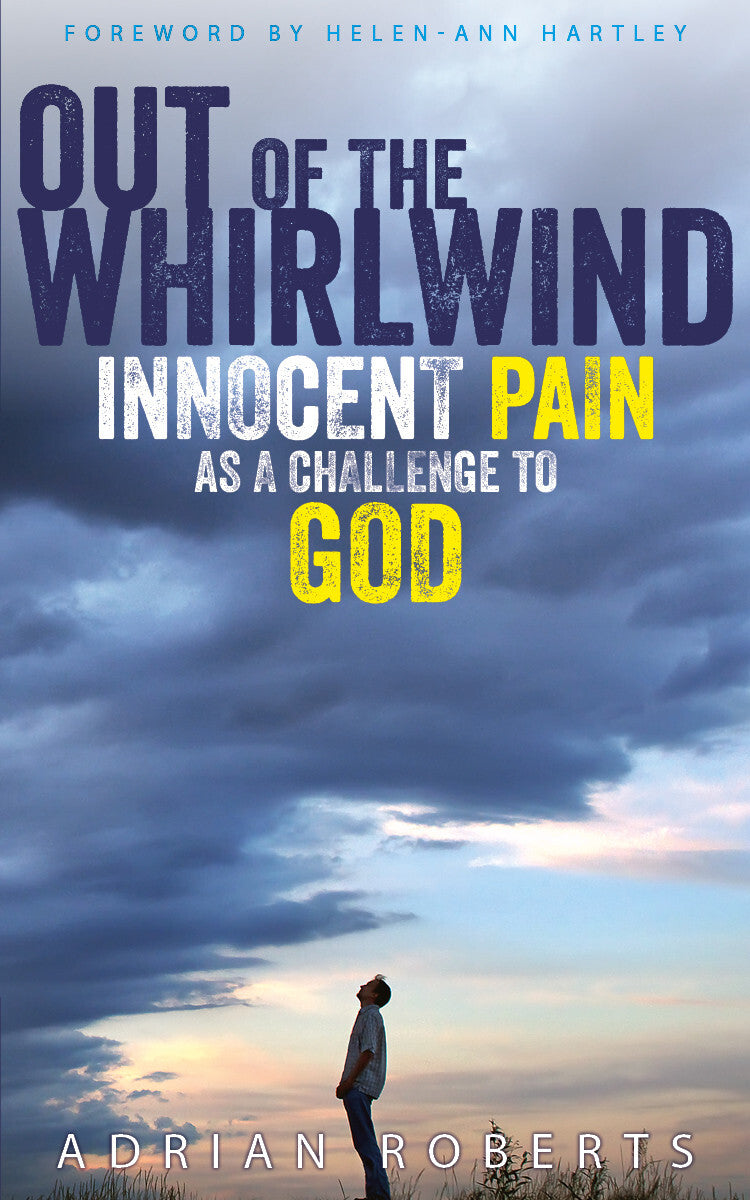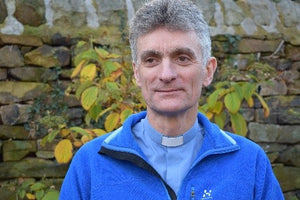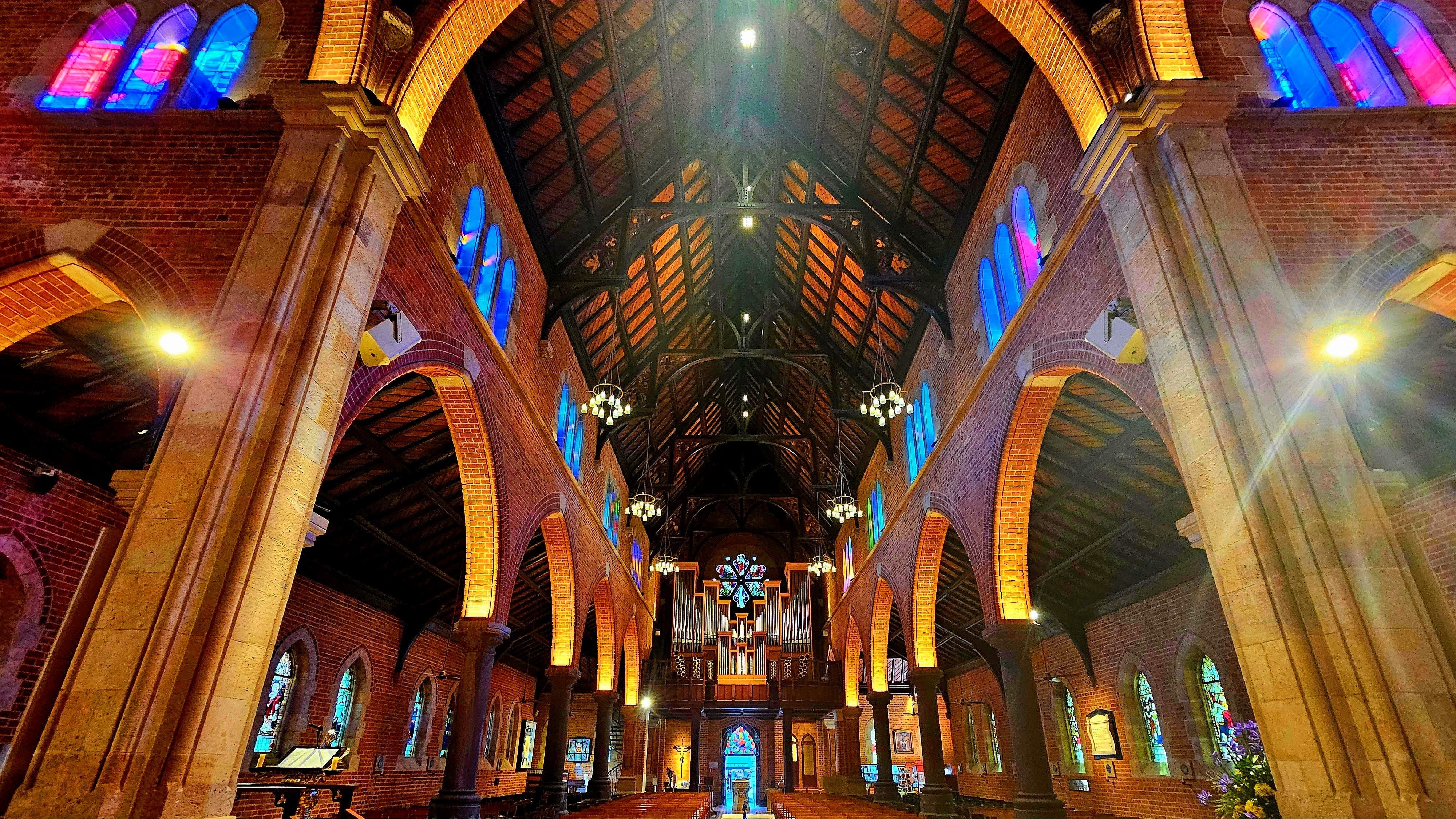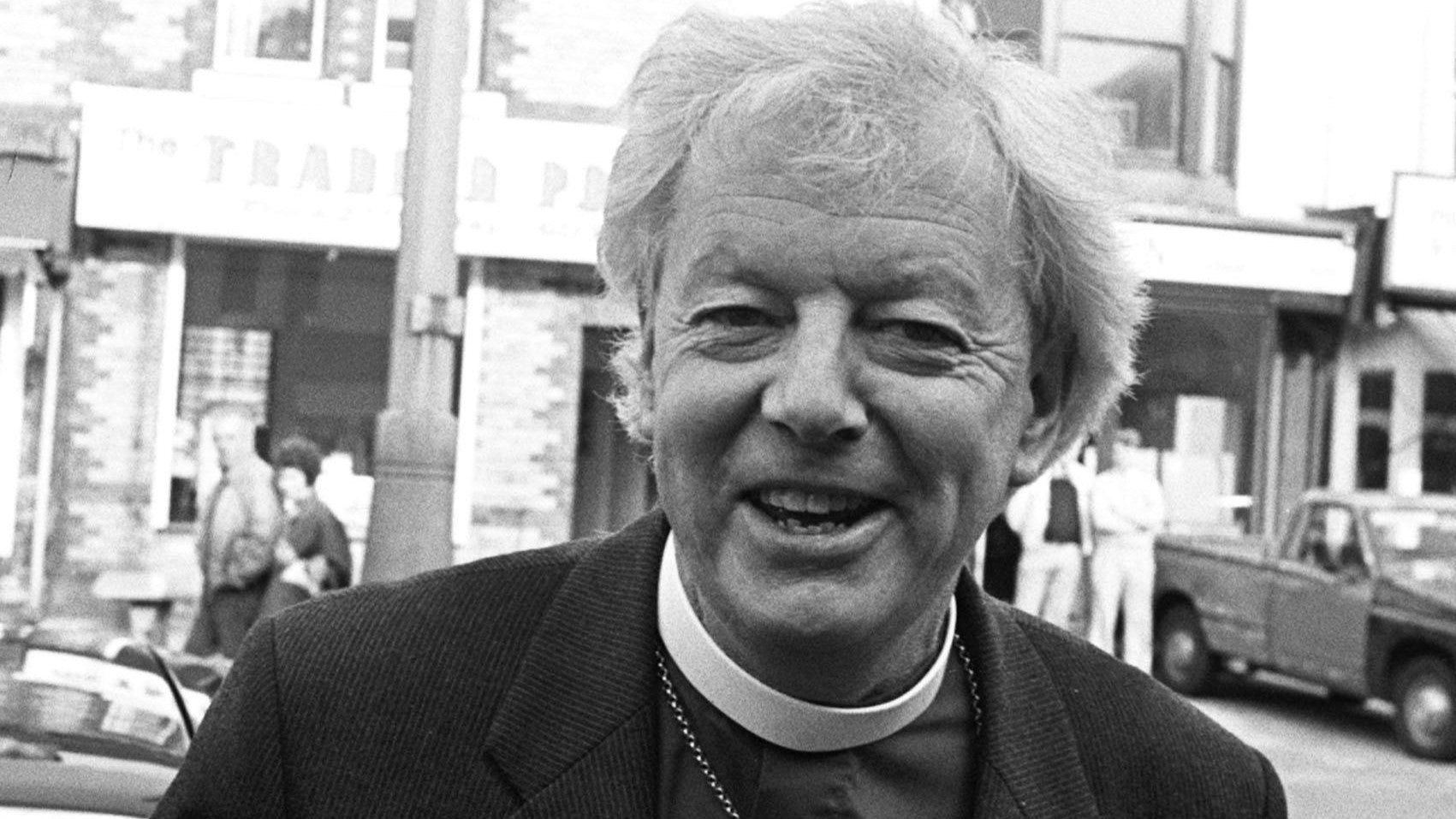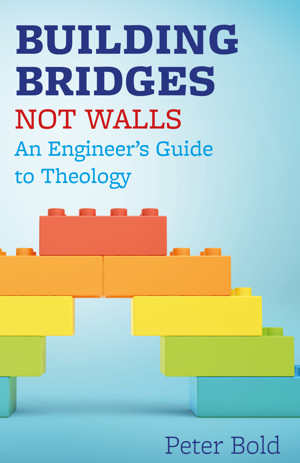 GUEST BLOG: Peter Bold draws on his engineering career as well as his faith in considering how groups can come together and listen to each other to find the best solutions to the COVID-19 crisis.
GUEST BLOG: Peter Bold draws on his engineering career as well as his faith in considering how groups can come together and listen to each other to find the best solutions to the COVID-19 crisis.
I think truth is important.
The UK government has said that their decisions are made following scientific advice. That is good, but it is not that simple. As Jana Becevic wrote in the Guardian recently, there is no such thing as just following the science, because science has a variety of opinions. Science from my school days involved equations and rules that gave correct exam answers, but applying that science in the real world is more complicated.
I was an engineer before I became a vicar, and in engineering we had to work with uncertainty. Structures can be too complicated and materials too variable for rules to give exact answers. Engineering uses safety margins to try to allow for the unknowns. In the current crisis, people can be contagious before they have any symptoms. So everyone needs to practise social distancing if we are to say safe.
But how strict does the lockdown need to be? How long should it continue? How might it be eased? We have a tension between the priority of absolute safety, and the needs of our economy and mental health. The uncertainty of the science makes me glad I’m not in the government. In engineering, safety margins might be pared down to make a car lighter, and so faster or more economical. Improvements in production mean that the ropes I rock-climb with have become thinner.
But how can we know if something is still safe? In engineering, if one expert thought something would break while another thought it was safe it would be criminal not to find out why they disagreed. So for the coronavirus crisis we must have honest discussions, where those with the knowledge and experience can share how and why they have come to their conclusions, and hopefully that will lead to a clearer understanding of the facts and the levels of uncertainty.
When it comes to my faith, I long for similar discussions. Some think that faith is purely a “matter of opinion”. Christopher Hitchens, in his arguments against the existence of God, stated that “What can be asserted without evidence can be dismissed without evidence”. But my faith is based on evidence. I believe in the big bang and evolution because we can see how the world is now and logically work back. Similarly for my faith I start with the questions “If Jesus did not rise from the dead then why did the church start?” and “Why were the gospels written?”. I hold this evidence in tension with the arguments for atheism based on the experience of suffering: “If a loving God exists how could he allow this?” My theological journey, trying to listen to both sides of the arguments, has in the end strengthened my faith, and my sympathy for those who disagree. It has also left me with areas of uncertainty and questions I cannot answer.
However, many faith groups claim that one set of beliefs or practices is right and beyond dispute, while others claim infallibility for a contradictory set. There is no agreement as to whether God exists, let alone whether the Bible or the Qur’an gives a more accurate picture of him. Sadly, all too often our response to those who disagree with us is to avoid the subject, or to avoid the people. So evangelical Christians go to evangelical churches, Muslims go to mosques, and atheists avoid church altogether.

In theology, many people think that getting the right answer doesn’t matter. Faith is considered a private affair and to discuss it likely to cause offence—and it can. But some of the issues of faith are far more significant than my engineering. My faith led me to change career. For millions of martyrs over the centuries their faith has led them to lose their lives, trusting that a better life awaited them. For most of us, our faith or lack of it has consequences for how we live our daily lives, spend our money, conduct our relationships and face death. It is not a purely academic exercise. The answers matter enough to listen to others in case I am wrong. To ask how they do their theology.
As an engineer I am also concerned for practical action, not just head knowledge. Engineering includes approximations, safety margins, and sometimes having the humility and honesty to say we don’t know. But that humility has not stopped us putting people on the moon. In medicine we have eradicated small pox and performed heart transplants.
All Christians agree, in theory, that Jesus commanded us to love our neighbours, including our enemies. Where Christians have put aside their differences, and have united around what they agree on, they have played their part in abolishing legalized slavery, bringing peace in Northern Ireland and so much more. May we build bridges, not walls.
Peter Bold is the author of Building Bridges Not Walls, an engineer’s reflection on how Christians can learn to do theology and put their faith into practice in the modern world. He is Team Rector of five churches in Dronfield with Holmesfield in North East Derbyshire, and is passionate about team work, sharing his faith, growing disciples, teaching relevant theology, church unity and the environment.

